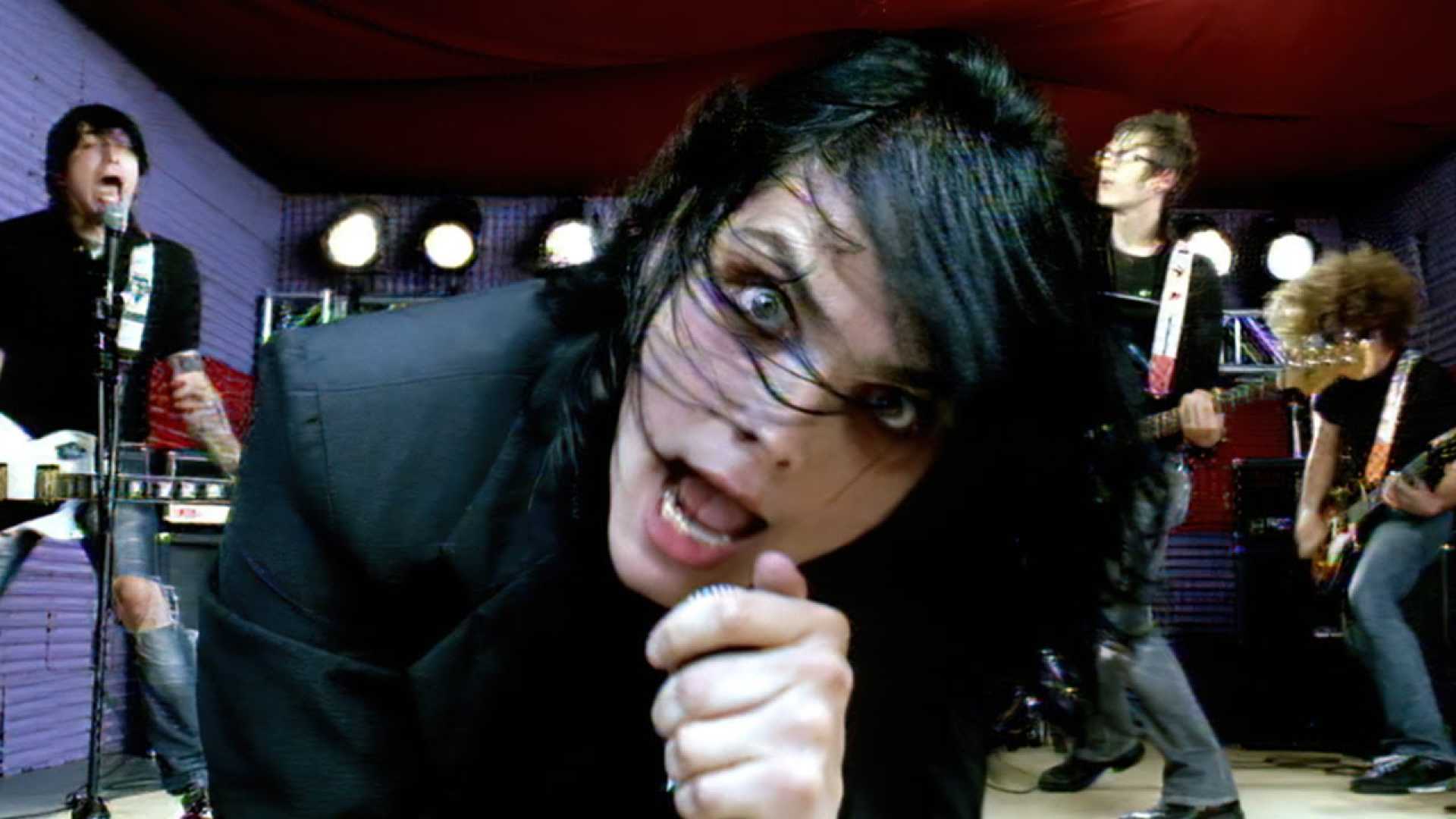Entertainment
Barbican Exhibition Revisits Emo Subculture’s Impact

In the mid-2000s, a subculture known as “emo” captivated young people on both sides of the Atlantic. Characterized by bands such as Bring Me the Horizon, My Chemical Romance, and Bury Tomorrow, this movement was defined by guitar-led groups whose open-hearted lyrics reflected emotional depth. The emo scene’s reputation often depicted mop-haired teenagers dissatisfied with suburban life, yet it uniquely bridged the past and future like no previous youth movement.
The exhibition “I’m Not Okay: An Emo Retrospective” at the Barbican Music Library, organized with the Museum of Youth Culture, delves into the years from 2004 to 2009. The show’s name derives from a My Chemical Romance song that embodies the angst of emo: “You wear me out / What will it take to show you / That it’s not the life it seems? / I’m not okay.” The exhibit’s artifacts include selfies taken with digital cameras and obsolete CDs, reflecting a time when fans interacted both in mosh pits and online.
The exhibition reveals how elements of emo culture have woven themselves into mainstream culture. “Emo is often seen as a lost subculture due to its transatlantic nature and how its radical styles and sounds became assimilated with pop culture,” wrote curator Jamie Brett in an email. Brett emphasized how emo was one of the last subcultures linked to both physical spaces and online communities.
Efforts to curate “I’m Not Okay” involved recovering culture lost on platforms like Bebo and Myspace. The Museum of Youth Culture received over 1,300 submissions from its call for contributions, showcasing hand-made patches, t-shirts, sketchbooks, and personal diaries. These artifacts paint a vivid picture of the emo era, characterized by heavy eyeliner, converse shoes, and studded belts. Despite the mainstream adoption of emo elements, enthusiasts like Rachel Morgan describe themselves as “elder emos,” reflecting on their enduring connection to the subculture.
“I’m Not Okay” will be on view at the Barbican Music Library within the Barbican Centre, Silk Street, London, until January 15, 2025.












